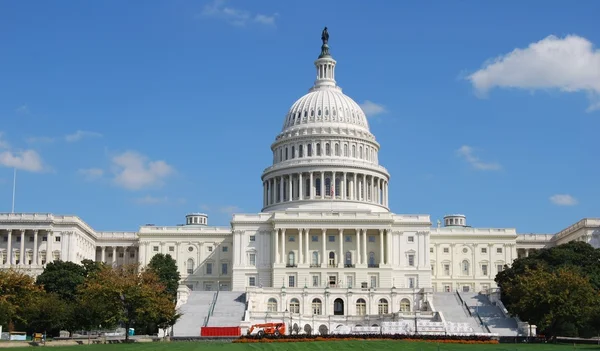In this blog post, Results for America’s Nichole Dunn and the Data Quality Campaign’s Kate Tromble discuss the importance of Congressional efforts to support and improve workforce data this year.
Data is an essential ingredient in building and sustaining a strong and responsive public workforce system. People need data to make informed decisions about their own education and workforce journeys, including to identify which pathways will help them secure family-sustaining employment. Employers need information to understand the best sources of prospective talent to meet their needs. And policymakers need information to develop and calibrate policies aimed at supporting our nation’s most vulnerable populations and maximizing the impact of public investments. The need for more transparent, accurate, actionable, and secure information has never been greater as leaders like governors, workforce development boards, and policymakers work to support people navigating the current job market.
Fortunately, Congress has a chance to act this year to dramatically improve the generation of and access to quality workforce data. The recently released bipartisan, bicameral A Stronger Workforce for America Act—part of the Workforce Innovation and Opportunity Act (WIOA) reauthorization process—includes a number of sensible improvements to the workforce data ecosystem, including:
- Streamlining Data Access and Reporting: Leveraging existing state data infrastructure like statewide longitudinal data systems (SLDSs) will not only help connect workforce development systems with other parts of the education continuum, but it will also allow for higher quality, timelier, and less burdensome data generation. Clarifying that SLDSs can be used to match records and access various sources of workforce data can also help to ensure that this information is used securely.
- Codifying the Workforce Data Quality Initiative (WDQI): Codifying WDQI and increasing the program’s authorization level supports the generation of accurate and timely workforce data that can be used in SLDSs and by other workforce stakeholders and entities.
- Promoting Data Transparency and Interoperability: Prioritizing and expanding the adoption and use of linked, open, and interoperable data related to credentials, skills, and other pertinent workforce data ensures that data can be used to inform a wide variety of reporting and accountability processes to ensure that data generated within the workforce system is high-quality, transparent, and usable by a variety of actors.
- Improving Wage Record Access: Ensuring workforce system access to the National Directory of New Hires would greatly improve the timeliness and accuracy of subsequent reporting required under the legislation.
- Leveraging Labor Market Information: Changing the public workforce and labor market information system would expand the generation of real-time labor market information and ensure that this information is timely and user-friendly.
- Strengthening Evidence and Evidence-Based Interventions: Introducing such improvements to the public workforce system better informs which programs, services, and initiatives are backed by data and research, and encourages continued learning—changes to current law that effectively use taxpayer dollars and greatly improve the impact of workforce development programs on workers and employers.
Quality data is critical to ensuring that people have the information they need to be successful and to support others as they navigate education and workforce decisionmaking. For more on this critical issue that Congress can resolve now, read the letter sent to leadership by both of our organizations as well as more than 40 partner organizations.


